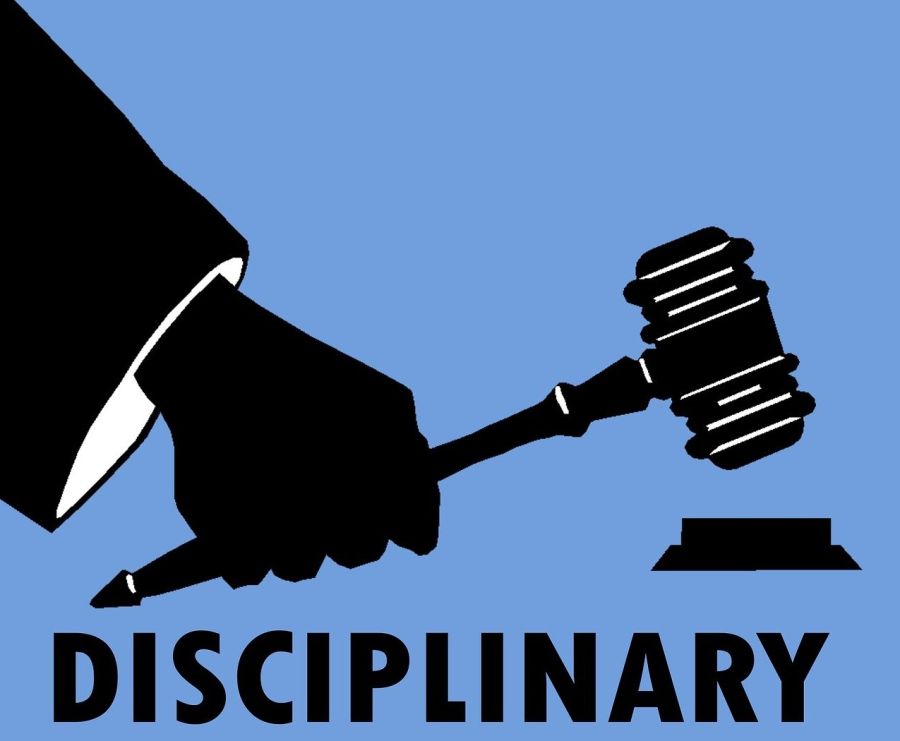Case Studies

Case Studies
Call us today for a free initial consultation on 0800 772 0341
An unnecessary trip through the disciplinary process
Published 17 November 2025

When Carl took to social media to vent his fury at a police officer, his employer’s reaction left him shocked and devastated. The van driver was fired after posting an online rant, following a fine for not wearing a seatbelt in his own car while driving home from a supermarket. He explained that he had been stopped by a police officer, questioned about his driving, denied doing anything wrong, and after a heated exchange, was told he could go. Furious, Carl then drove a few yards down the road before the officer pulled him over again and informed him he would be fined for not wearing a seatbelt. Despite Carl’s protest he had only driven a few metres before buckling up, the officer insisted it was illegal to drive any distance without wearing a seatbelt. Enraged, Carl later shared a video in a private social media group that included colleagues. In the video, he spoke directly to the camera in a rant, using several expletives, and described the officer’s actions as petty and ridiculous. Carl then explained what happened next when he spoke to our trade union representative, who would support him with his disciplinary appeal. He said his employer considered the fine for not wearing a seatbelt to be a serious disregard for road safety, which made him unfit to do his job. He was also said to have brought the employer into disrepute by posting the video online. Carl told our trade union representative that he believed the decision to dismiss him amounted to an unfair dismissal. He had seven years’ service and an exemplary record. He was shocked and devastated to be dismissed, especially as only a few months earlier his flexible working request had been agreed, allowing him to care for his elderly parents, whom he also supported financially. Our trade union representative wanted to know how the video came to the attention of the employer and whether it had been made public. Carl was unsure, but it later emerged it had not been made public. He had simply been summoned to his manager’s office a couple of days later, told about the video, and informed he was being suspended from work pending an investigation. He was later invited to a disciplinary hearing and dismissed on the same day. Ahead of the appeal hearing, our trade union representative discussed possible outcomes with Carl, including a settlement agreement, and asked what Carl’s desired outcome was. Carl was clear in that he wanted to be reinstated because he did not believe he would find another job with the same salary and flexibility to allow him to care for his parents. Carl exercised his right to be accompanied at the disciplinary appeal hearing and was supported by our trade union representative, who presented the appeal on his behalf. At the hearing, our trade union representative stressed that while Carl’s actions were technically an offence, they were not serious or reckless and did not show blatant disregard for road safety or make him unfit to do his job. He strongly asserted the decision to dismiss was unfair, disproportionate and outside the band of reasonable responses that an employment tribunal would consider. The language used in Carl’s video was said to be commonly used in the workplace and not intended for the public. Our trade union representative explained that Carl was upset, the group was private, not a public platform, and therefore it was difficult to see how it could have brought the employer into disrepute. In fact, there was no evidence that it had. In his comprehensive presentation of the appeal, our trade union representative emphasised the nature of the offence, the circumstances in which it occurred, the fact the video was shared privately, and Carl’s long service and clean record. He argued that a warning or discussion would have been a fairer response. Instead, the decision to dismiss was unreasonable, ignored Carl’s history of good conduct, and failed to consider the impact on his personal responsibilities, leaving him devastated and without the job he relied on. The appeal proved successful, the sanction was replaced with an informal warning, and Carl was reinstated.
A reputation built on success
If you're facing any of the issues in this article - or need guidance on disciplinary, grievance, or redundancy matters - call us today. Our expert Trade Union Representatives are available to represent you in crucial workplace meetings, with pay as you need support.